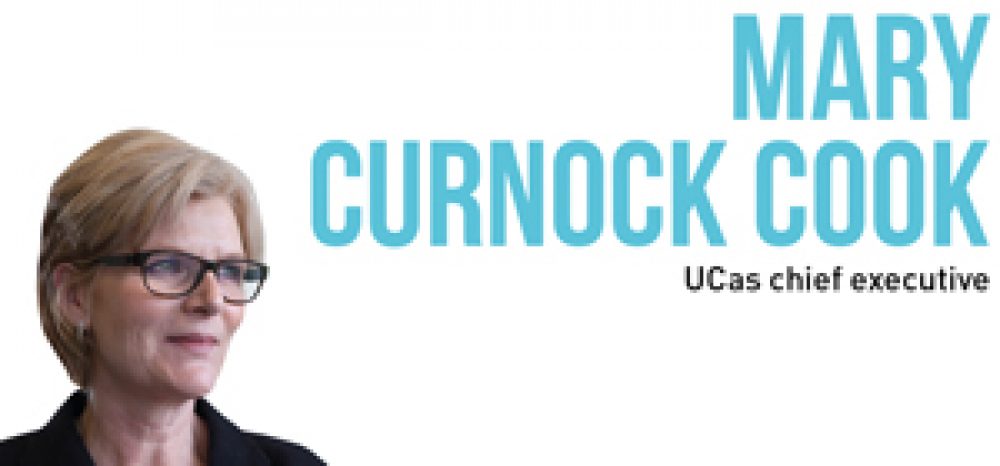Deputy Prime Minister Nick Clegg fleshed out his idea, first revealed in February, for a UCas-style system for post-16 vocational learning this month. Mary Curnock describes the progress UCas has made with its system that already meets such requirements.
The Deputy Prime Minister called again for a ‘UCAS-style’ system for younger students who need to make decisions about their post-16 education choices. He joins a list of senior politicians and leading commentators who have made the same call at various times over recent years.
The benefits of the UCas centralised admissions service for higher education have long been recognised. It provides a single point of information, a comprehensive course search, and a common, fair and streamlined admissions service which is available for a generation that expects to use digital interfaces for almost everything it needs.
A highly valued benefit of the service is the rich data it provides about progression to higher education.
UCas has now deployed its expertise to provide a similar service for post-16 progression.
UCas Progress (UP) lists all post-16 learning opportunities in England and Wales and students can search for subject, by course-type, by geographical location or provider type.
They can apply for courses online, and they can access plenty of information and advice to help them make informed choices about post-16 studies.
More than 100,000 courses through 4,550 providers display GCSE, A-level, vocational, work-based and apprenticeship courses.
Swansea local authority working with UCas Progress more than halved its Neet numbers
Currently, we’re registering more than 2.5 million page views per month and our advice pages received 350,000 views alone in the last four weeks.
The service is free of charge for students, whether they register through a school or self-register at home. Course listings are also free of charge for providers.
A modest subscription — typically £500 to £2,500 a-year — is made for providers who want to be switched on to receive, track, monitor and report on online applications.
More than 1,000 providers are using the application service already and more are being added all the time.
One user is Etone College, in Warwickshire, which found that UP not only enables them to streamline the application process and track outcomes, but also to increase awareness and aspiration for progression to higher education through UCas in the future.
In many cases, the UP service has been adopted at a Local Authority level, where our tracking services provide aid planning, track and reduce Neets, manage the September Guarantee, and ensure that RPA requirements are met.
For example, Swansea local authority working with UP, more than halved its Neet numbers from 6.9 per cent in 2009 to 3 per cent in 2011 and has sustained that level since.
It has used UP to track and report on student progression, enabling limited numbers of outreach staff to target their interventions where most needed.
Ensuring that young people stay in some form of education or training until they are 18 requires consistency of approach and UP ensures that learners get all the information and advice they need to make informed decisions, with a simple application process.
UP also supports those working with students; giving teachers and advisers dedicated tracking tools, as well as the reports, insight, and data needed to fulfill their statutory obligations.
UCas already provides a range of similar services for undergraduate admissions, post graduate courses, teacher training, and conservatoires. In each case, we develop our services around the needs of users — students, those who support them, and education providers.
Our services are developed and enhanced with the guidance of user groups so that it is our customers who dictate their content and scope, and have a stake in the success of the service.
As an independent charity, we are happy to work closely with government departments to ensure our data conforms to common standards, but it will be our service users who dictate how our services develop, including UP.
We welcome the Deputy Prime Minister’s support for this initiative but we have no reason to delay until September next year. UP is available now.









Your thoughts